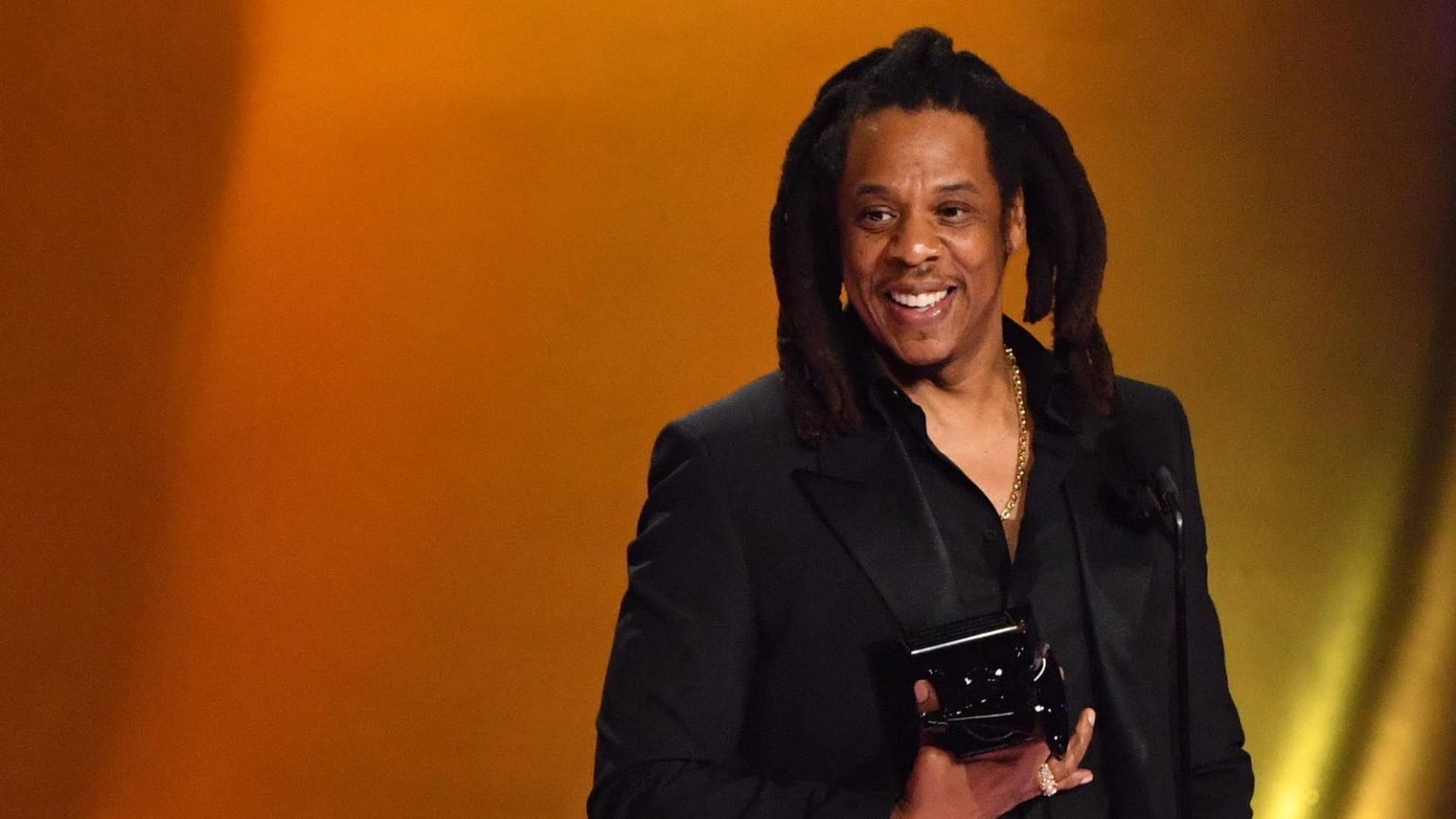Tony Buzbee, a Texas attorney known for representing high-profile figures, has found himself embroiled in a complex legal battle revolving around a multitude of sexual misconduct allegations against Sean “Diddy” Combs. Buzbee represents dozens of anonymous accusers, their claims spanning decades and involving alleged incidents of rape, drugging, and sexual assault. The accusations paint a disturbing picture of Combs leveraging his power and influence to exploit vulnerable individuals, often in the context of parties and industry events. The sheer volume of accusations and the consistency of the narratives, involving alleged drugging and coercion, have raised serious concerns. Buzbee’s legal strategy has involved filing individual lawsuits rather than a class action, allowing each accuser’s story to be presented separately.
Adding another layer of complexity to the situation is the involvement of rapper Jay-Z. An amended lawsuit filed by Buzbee includes an accusation against Jay-Z, alleging his participation in the rape of a 13-year-old girl alongside Combs. This claim, which Jay-Z vehemently denies, further escalates the legal battle and draws another high-profile figure into the controversy. Jay-Z has publicly denounced the accusations as “idiotic” and accused Buzbee of extortion and attempting to exploit the situation for financial gain. This back-and-forth between Buzbee and Jay-Z highlights the high stakes of the litigation and the potential damage to reputation for all parties involved.
The legal skirmishes have extended beyond the accusations against Combs and Jay-Z. Buzbee has also filed a lawsuit against Jay-Z’s company, Roc Nation, and its lawyers, accusing them of attempting to interfere with his clients. The lawsuit alleges that Roc Nation hired “shadowy operatives” to encourage Buzbee’s clients to sue him, even offering financial incentives. Furthermore, Buzbee claims these operatives impersonated Texas state officials in an effort to coerce false claims. Roc Nation has dismissed the lawsuit as a “sham” and a “pathetic attempt” to divert attention from the underlying accusations against Combs.
The accusations against Combs themselves range from instances of groping and unwanted sexual advances to allegations of drugging and rape. The alleged victims include both men and women, some minors at the time of the alleged incidents. The accounts describe a pattern of behavior in which Combs allegedly used his status and access to lure individuals into compromising situations. The alleged incidents took place in various locations, including private parties, hotel rooms, and even a department store. The descriptions of the alleged assaults are often graphic and disturbing, involving claims of forced sexual acts and threats of violence.
Buzbee’s aggressive legal pursuit of Combs has faced counter-claims. An anonymous plaintiff, later identified as Jay-Z, sued Buzbee for extortion, alleging that the lawyer threatened a public lawsuit unless a private settlement was reached. This countersuit casts a shadow over Buzbee’s motives and introduces the possibility that financial gain, rather than solely justice for the alleged victims, is a driving force behind the litigation. This accusation adds another layer of intricacy to the already complex web of legal actions and counter-actions.
The unfolding legal drama surrounding Sean “Diddy” Combs and the accusations of sexual misconduct represents a significant moment of reckoning for the entertainment industry. The sheer number of accusers, the severity of the allegations, and the high-profile nature of the individuals involved have drawn intense public scrutiny. The lawsuits will likely continue to unfold over an extended period, with the potential to significantly impact the careers and reputations of those involved. The case also underscores the challenges faced by victims of sexual abuse, particularly when the alleged perpetrator holds a position of power and influence. The outcome of these lawsuits will undoubtedly have far-reaching implications, setting legal precedents and potentially influencing how similar cases are handled in the future.

